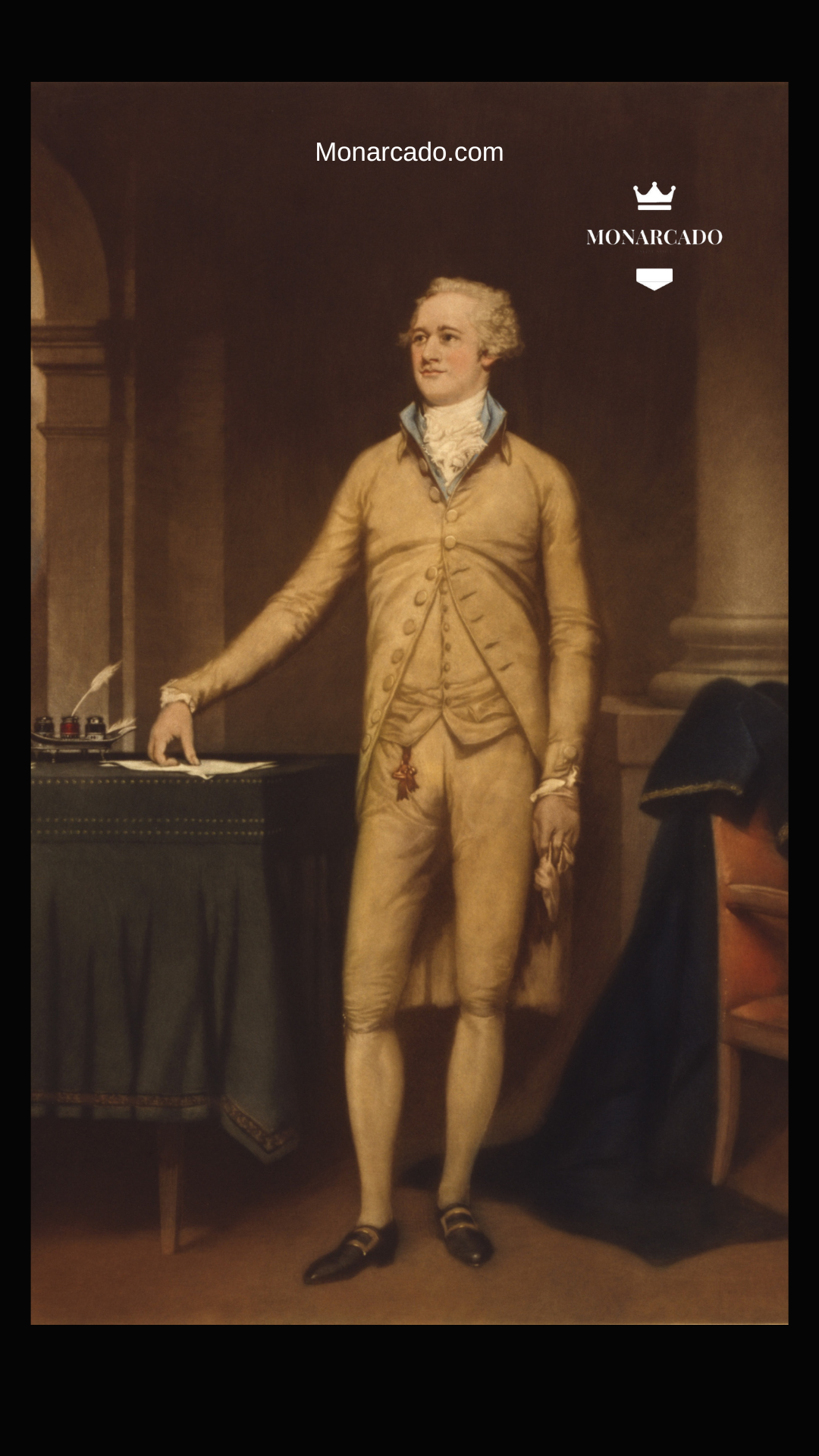John Hancock, a prominent figure in American history, played a crucial role in the founding of the United States. Known for his bold signature on the Declaration of Independence, Hancock's legacy extends far beyond his iconic autograph.
Early Life and Career
John Hancock was born in 1737 in Braintree, Massachusetts. He inherited a thriving mercantile business from his uncle and quickly became one of the wealthiest men in the American colonies. Hancock's success in business allowed him to pursue a career in politics, where he became a vocal advocate for colonial rights.
Role in the American Revolution
As tensions between the American colonies and Great Britain escalated, John Hancock emerged as a key leader in the fight for independence. He was elected president of the Second Continental Congress and was the first to sign the Declaration of Independence in 1776. Hancock's bold signature became synonymous with defiance against British rule.
Legacy and Impact
John Hancock's contributions to the American Revolution were significant, but his legacy extends beyond his political achievements. He was a philanthropist, supporting various charitable causes and educational institutions. Hancock's commitment to public service and his dedication to the principles of liberty and democracy continue to inspire generations of Americans.
In conclusion, John Hancock's name is synonymous with courage, leadership, and patriotism. His bold signature on the Declaration of Independence symbolizes the spirit of the American Revolution and the enduring values of freedom and democracy.












































